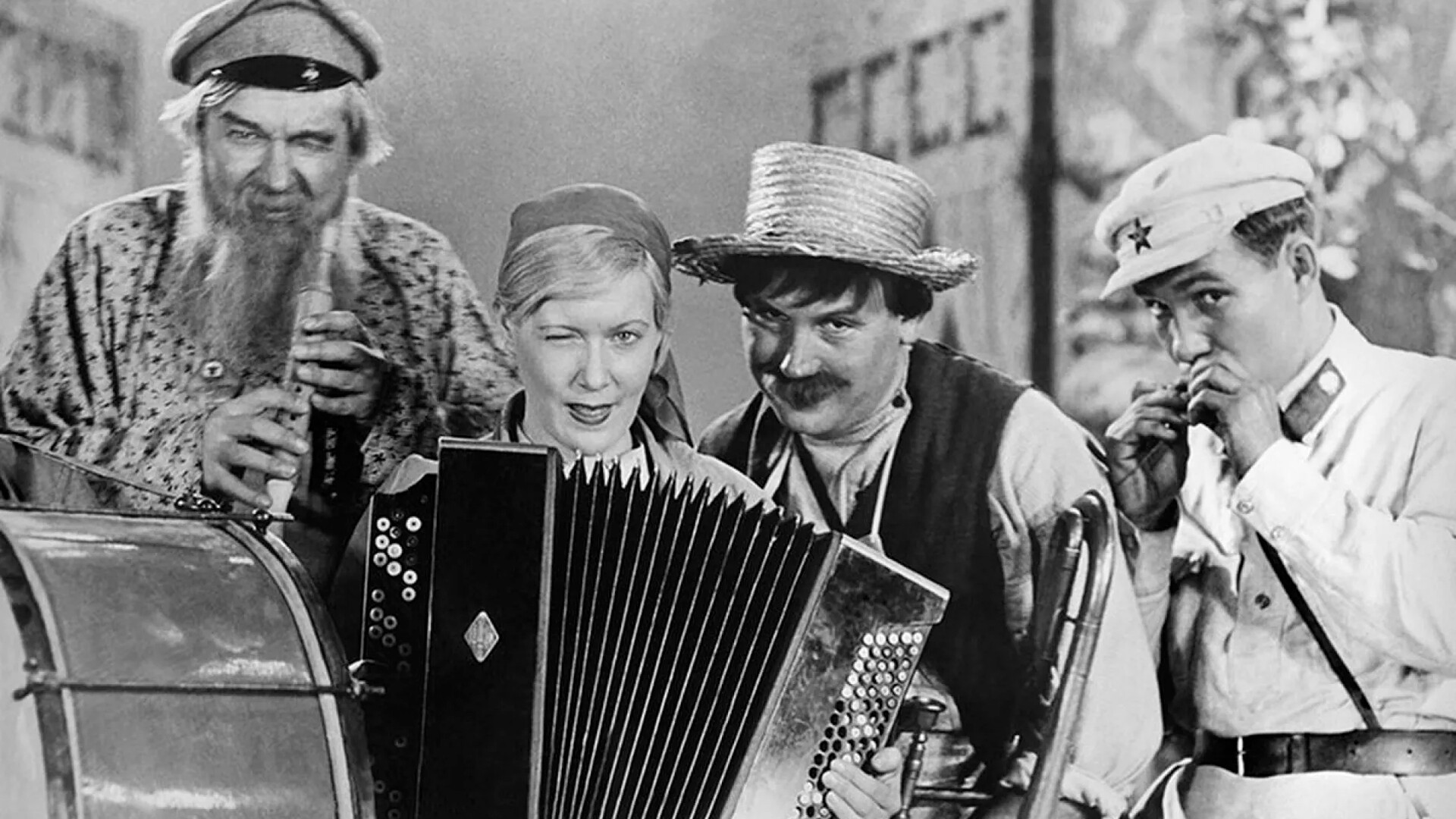
‘Volga-Volga’.
Grigory Alexandrov, 1938/Mosfilm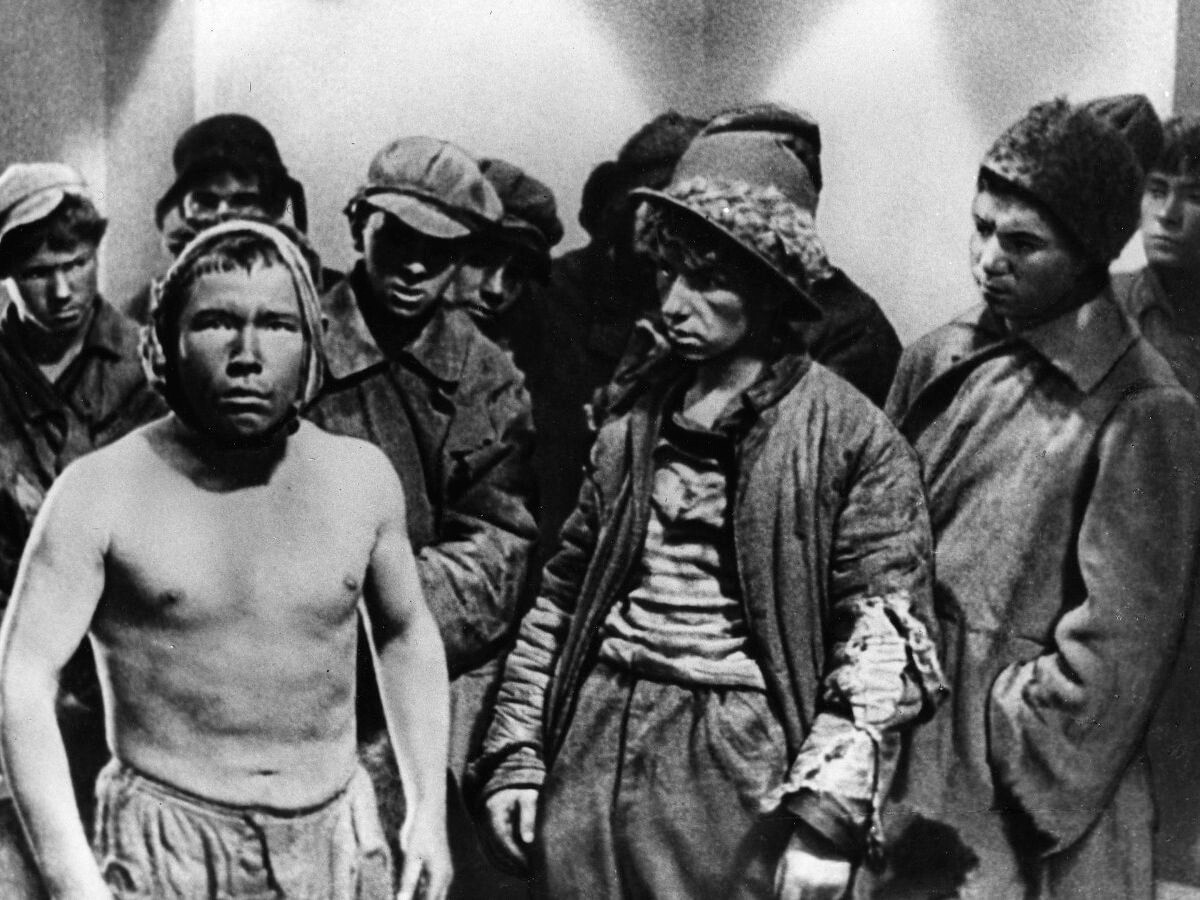
After the revolution and civil war, the young socialist state had a huge number of homeless children, ranging from 4 to 7 million in the early 1920s, according to various estimates. The state took custody of them, taking them from the streets to special orphanages and raising them as new citizens.
The first Soviet movie with sound, ‘Road to Life’, is about this very process. It tells a story of the re-education of a gang of teenagers in a labor commune. Which, however, was not always a success.
The movie was directed by then little-known film-maker Nikolai Eck (real name Yury Ivakin). ‘Road to Life’ won the ‘Best Director’ prize at the First International Film Festival in Venice in 1932 and was screened in more than 100 countries.
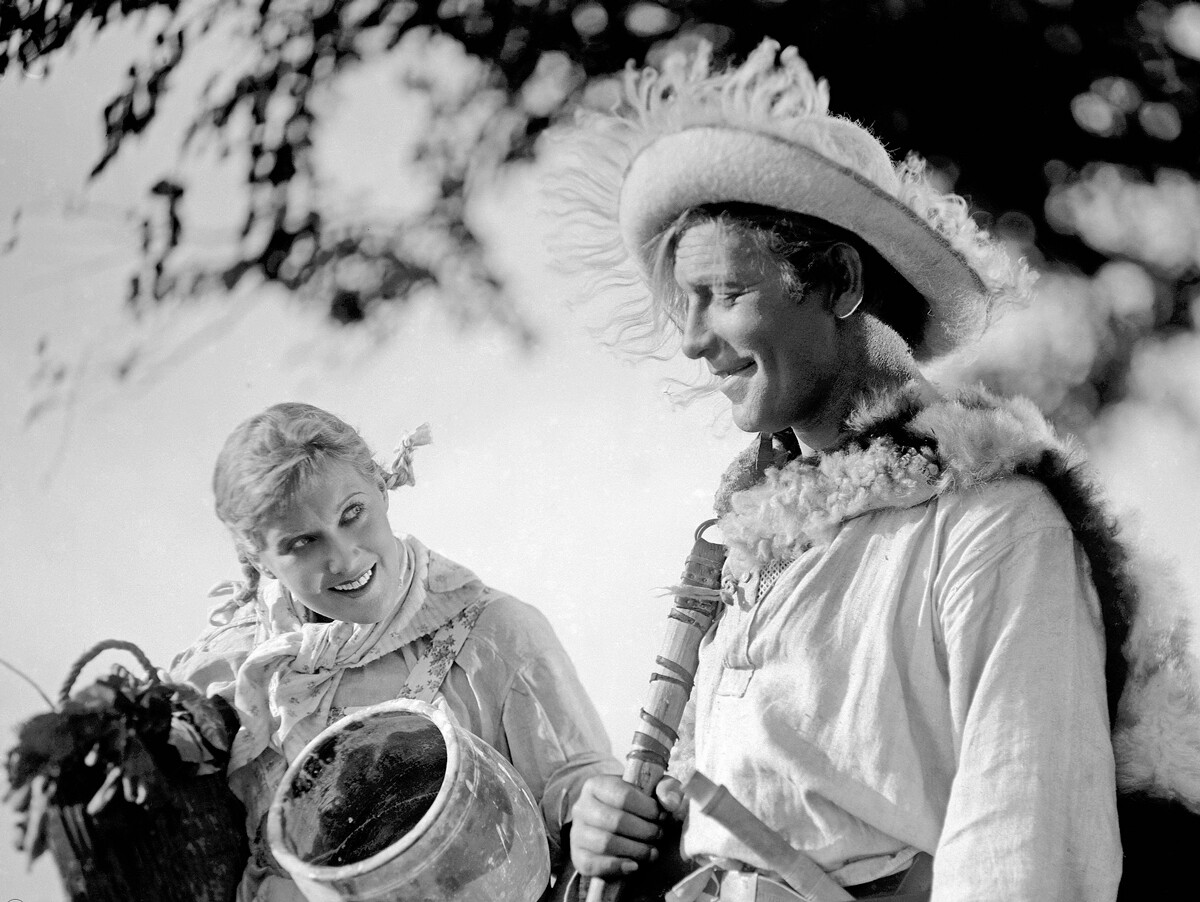
The first Soviet musical comedy and the breakthrough role for the young Lyubov Orlova. ‘And he who walks through life with a song will never be lost’ is still one of the most famous and favorite songs in Russia. Grigory Alexandrov’s movie is about the adventures of a shepherd named Kostya, who becomes a jazz orchestra conductor, and Anna, a housekeeper, who becomes a singer. Kostya was played by one of the best Soviet actors at the time, singer Leonid Utesov.
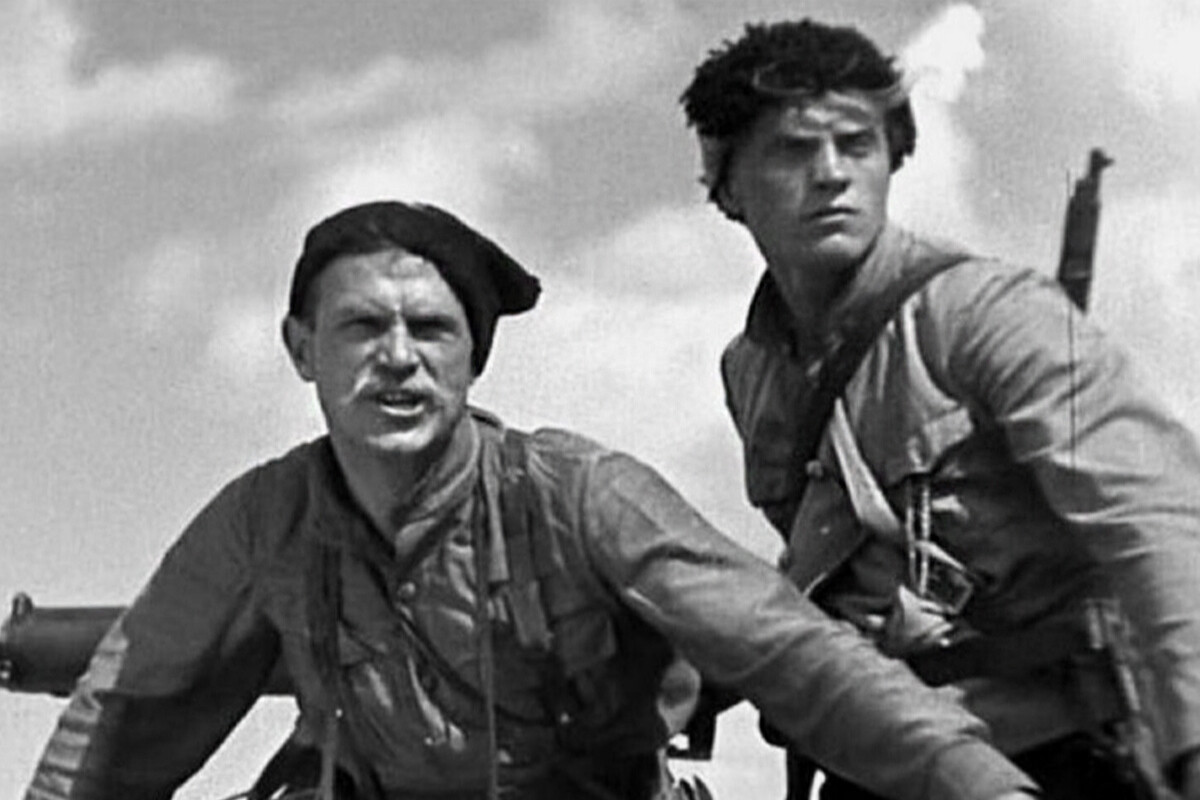
Georgy and Sergey Vasiliev’s movie about Civil War hero Vasily Chapaev won first prize at the First Moscow Film Festival in 1935. The Vasiliev brothers took as their basis the novel of the same name by Dmitry Furmanov, who served under Chapaev.
The movie was acclaimed not only in official circles, but also received enormous viewer approval.
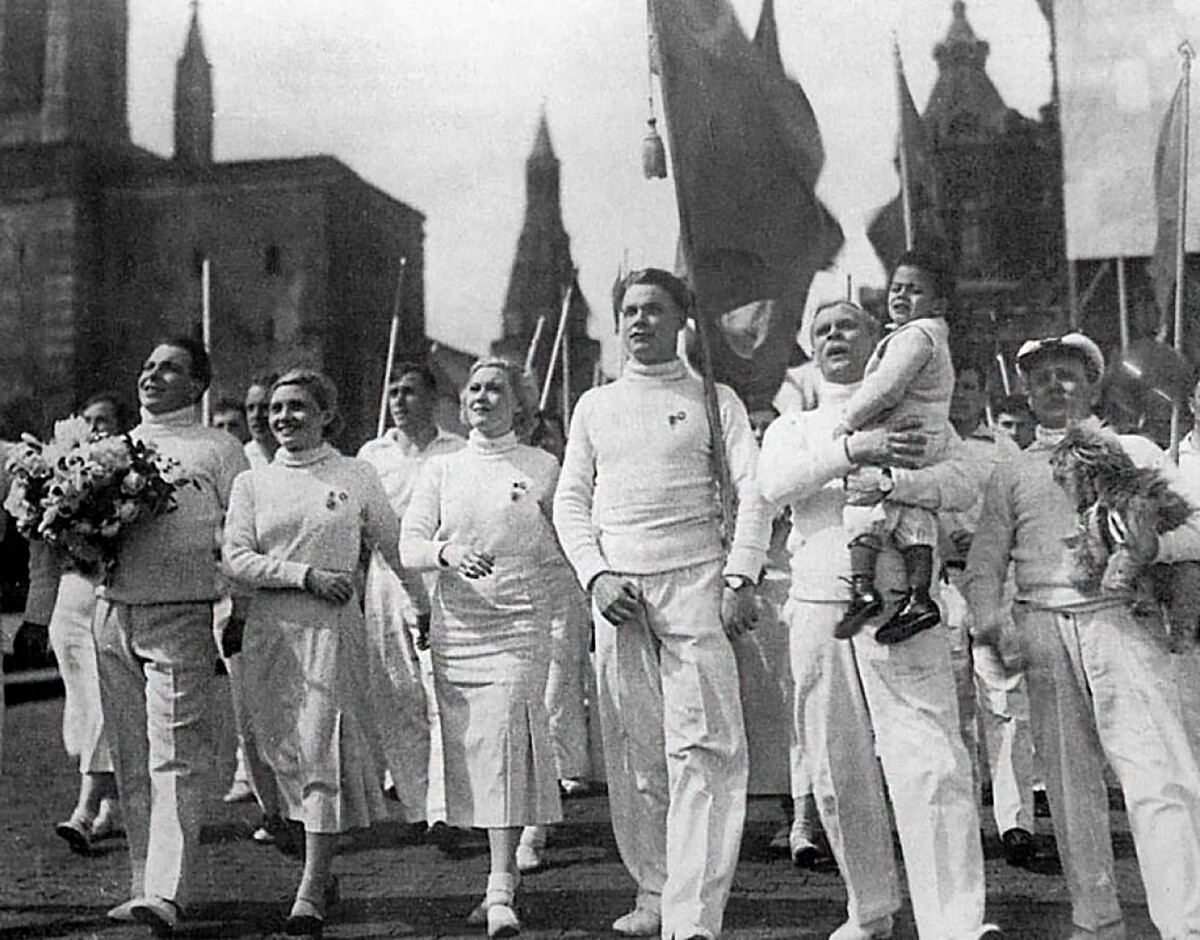
A musical starring Lyubov Orlova. After giving birth to a black child, an American circus performer goes to Moscow, where she finds not only shelter, but also happiness and love. The main song of the movie, ‘My Country is Wide’, was later used as the jingle for the All-Union Radio. And after the collapse of the USSR, it was even proposed to become the anthem of Russia.
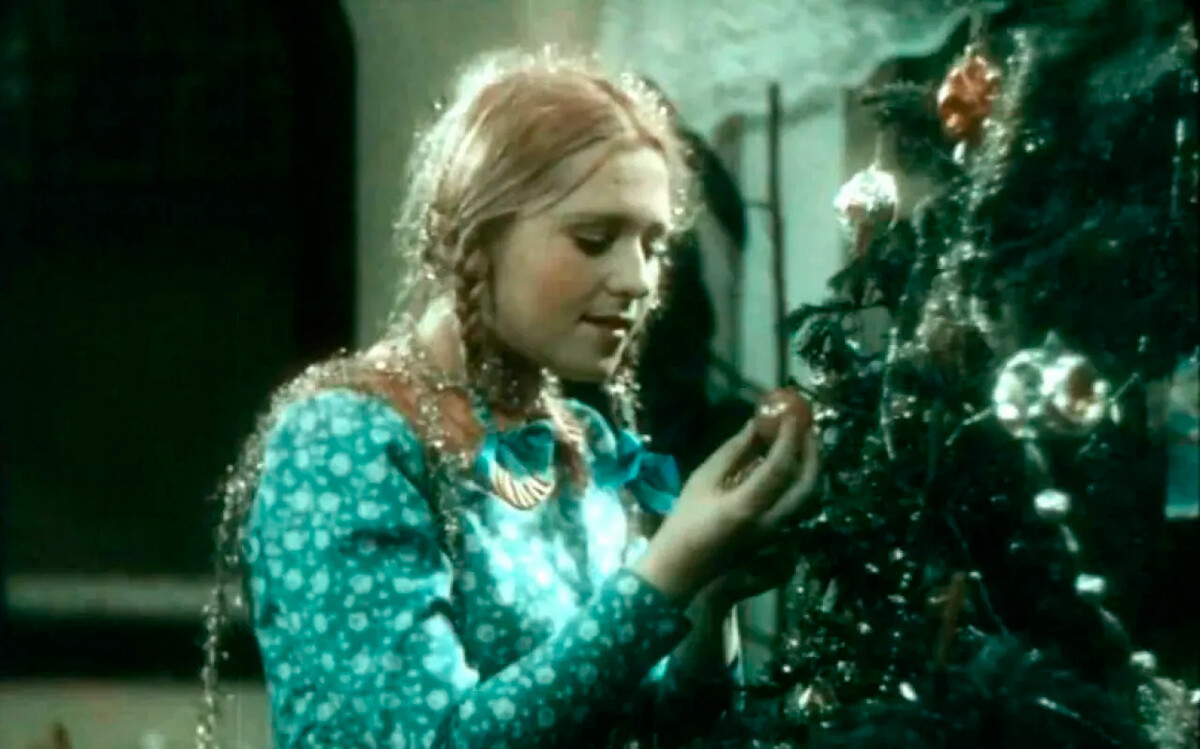
Nikolai Eck became famous not only as the director of the first Soviet movie with sound, but also as the first movie in color. In its plot, Grunya Kornakova, a worker at a pre-revolutionary porcelain factory, drives people to fight for their rights.
The technology for color shots was developed by Soviet cinematographer Fyodor Provorov. It was shot on two rolls of film (red and blue-green), which were then combined in post-production. American cinematography also had a similar swirling technique, called ‘Cinecolor’.
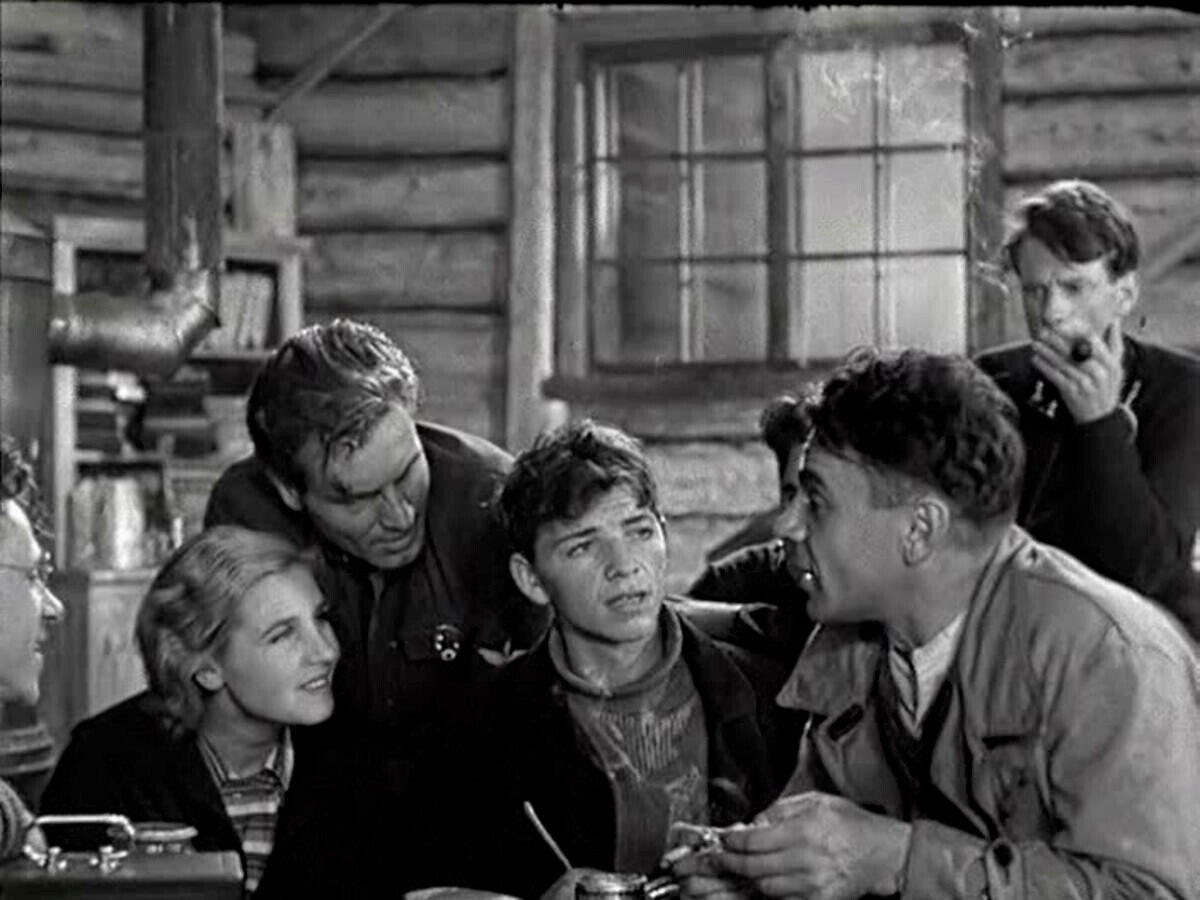
Is it possible to make a comedy about an expedition to the North Pole? Sergei Gerasimov succeeded. The movie ‘Seven Brave Men’ is about Komsomol volunteers, who went to conquer the Arctic. Six people are selected for the expedition, but, when they arrive at their destination, it turns out that there was a stowaway in their luggage - a volunteer, too, who really wanted to go to the North Pole.
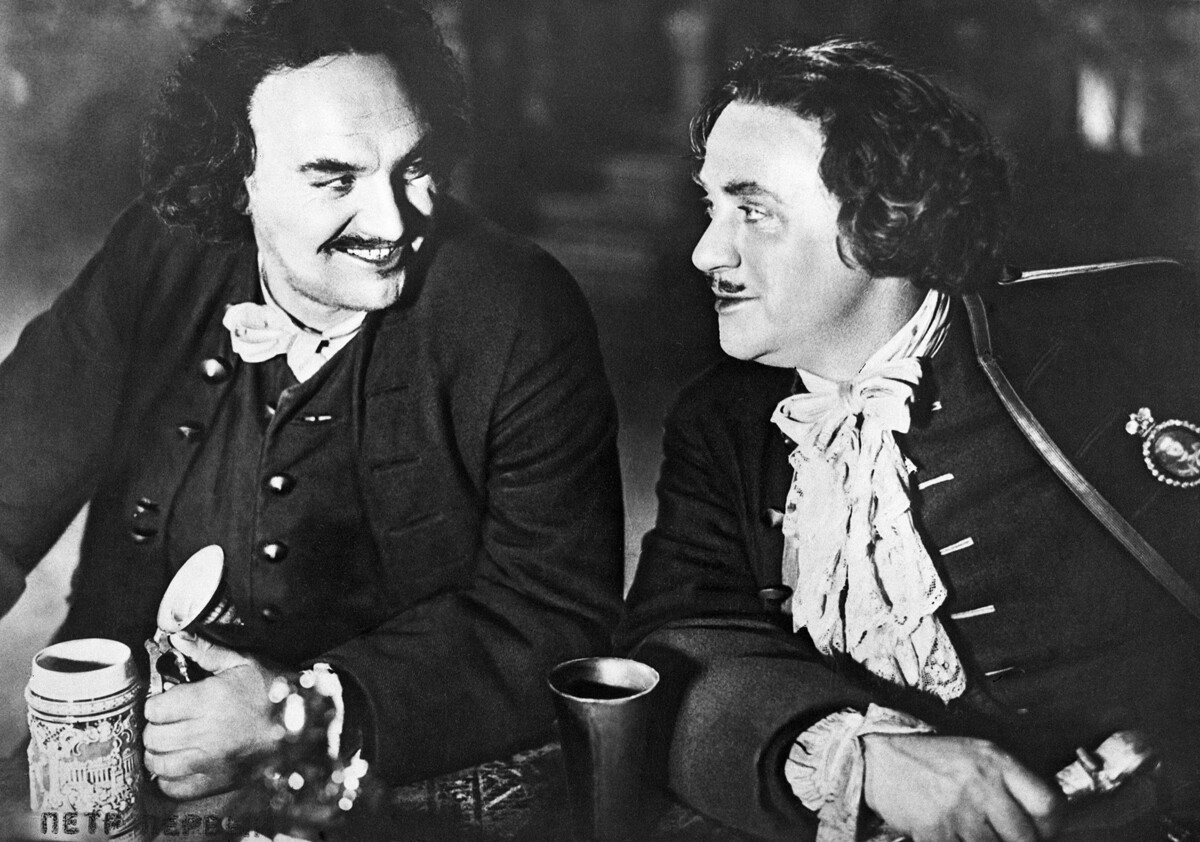
This two-part movie is about the main events of Russia in the early 18th century. Director Vladimir Petrov shows the formation of the Russian Empire in three and a half hours. The movie is based on the play of the same name by Alexei Tolstoy. Court intrigues, major reforms, the development of Siberia and the Far East are shown here through the decades.
Historians, of course, point out some factual inaccuracies, but it is a work of fiction and is still highly appreciated by audiences.
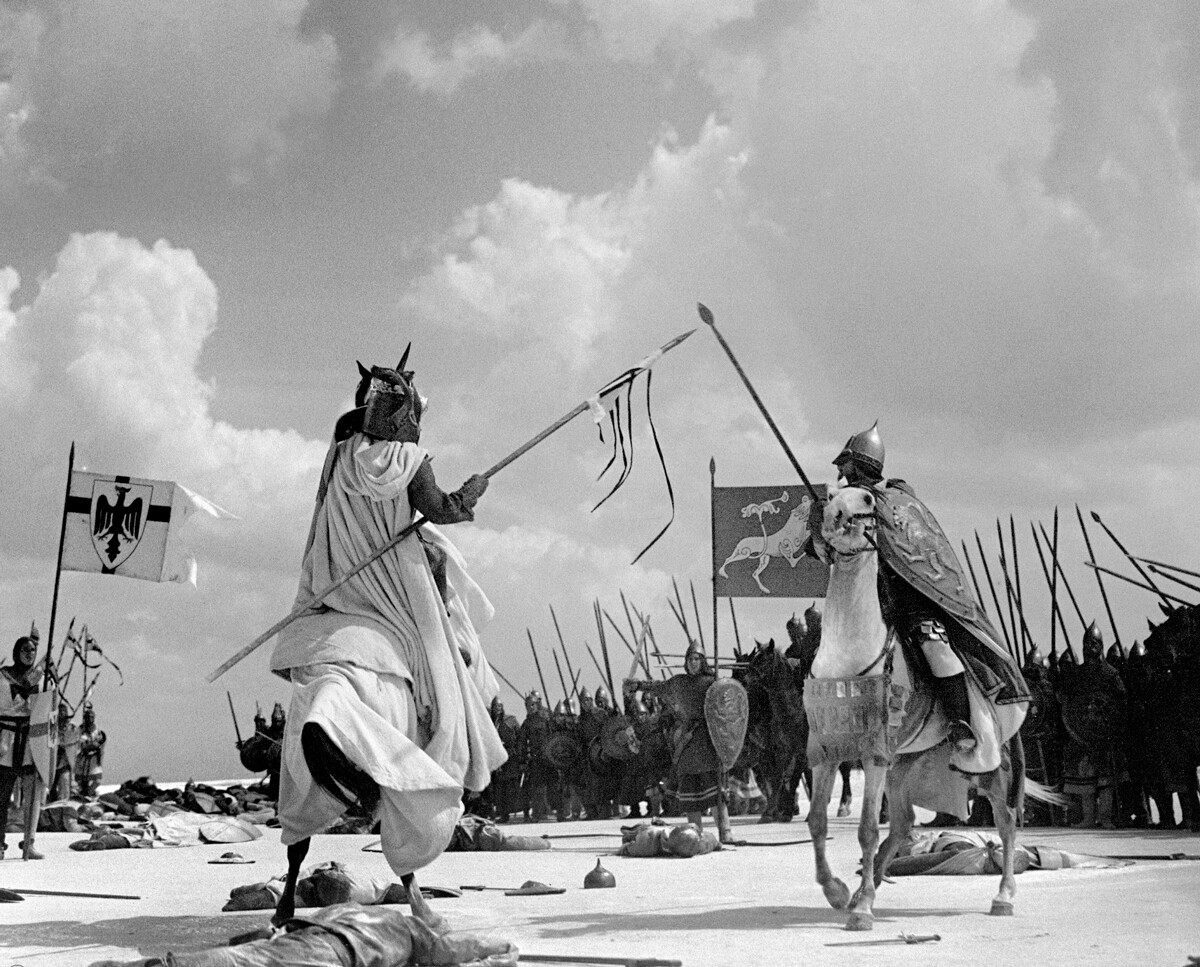
A timeless classic from the “father” of Soviet cinematography, Sergei Eisenstein. The armies of a Russian prince triumph over crusaders on Lake Chudskoe in the year 1242. However, the main message of the movie was the struggle against foreign invaders.
Some of Eisenstein’s colleagues criticized the historical inconsistencies and excessive “pomposity”. The movie turned out to be large-scale, with lots of extras, especially in the battle scenes. Composer Sergei Prokofiev, meanwhile, wrote the music.
The leadership of the country and the audience both liked the movie alike and it regularly tops lists of the best movies of all time to this day.
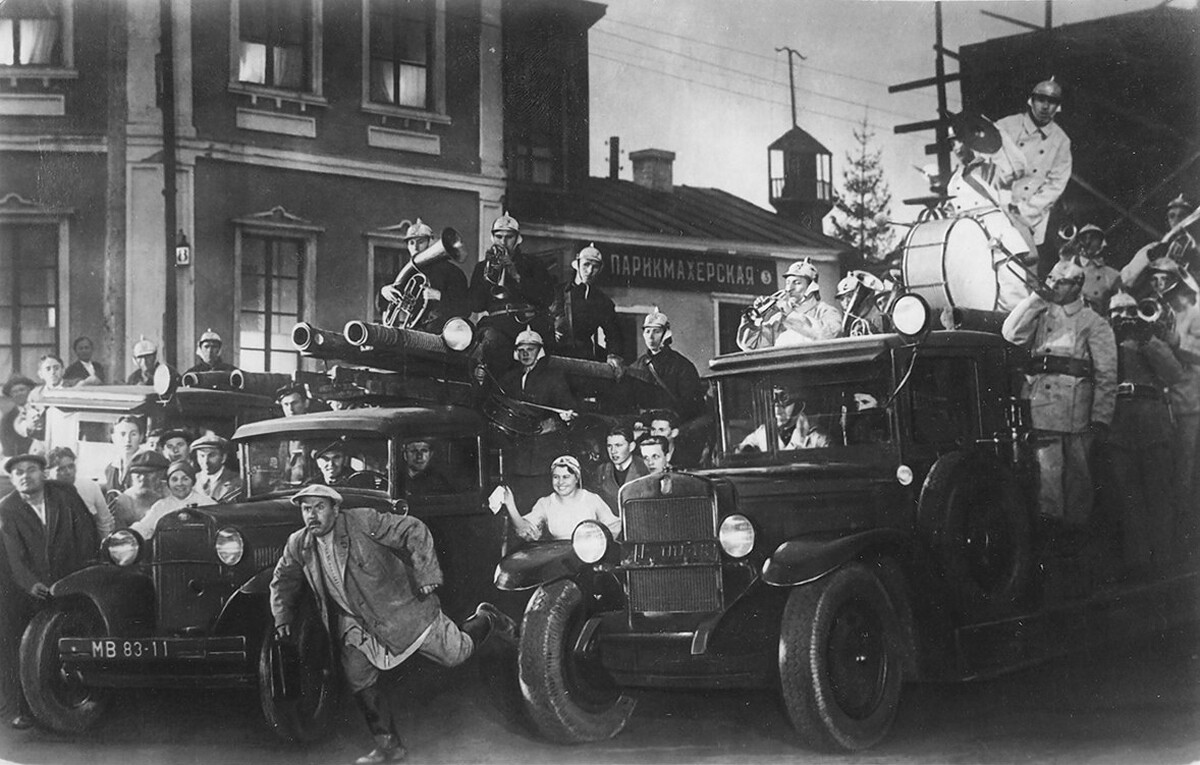
The name of the movie was suggested by Charlie Chaplin, whom director Grigory Alexandrov met during a trip to the United States. This musical comedy, starring Lyubov Orlova, is about actors who travel to Moscow for an amateur talent contest. They have a lot of fun (and not so fun) adventures along the way.
In fact, the movie actually glorified mass youth events and was supposed to be a kind of manual for working with recent high school graduates. It is believed that it was one of Joseph Stalin’s favorite movies.

Faina Ranevskaya is still one of the most quoted actresses of Soviet cinema. The quote: “Mulya, don't get on my nerves” is from the wonderful comedy ‘The Foundling’, directed by Tatiana Lukashevich. It tells the story of a lost child in Moscow, who is about to be adopted by the couple who found her, Mulya and Lyalya. You can also get a good glimpse of what Moscow looked like in the 1930s.
Dear readers,
Our website and social media accounts are under threat of being restricted or banned, due to the current circumstances. So, to keep up with our latest content, simply do the following:
If using any of Russia Beyond's content, partly or in full, always provide an active hyperlink to the original material.
Subscribe
to our newsletter!
Get the week's best stories straight to your inbox